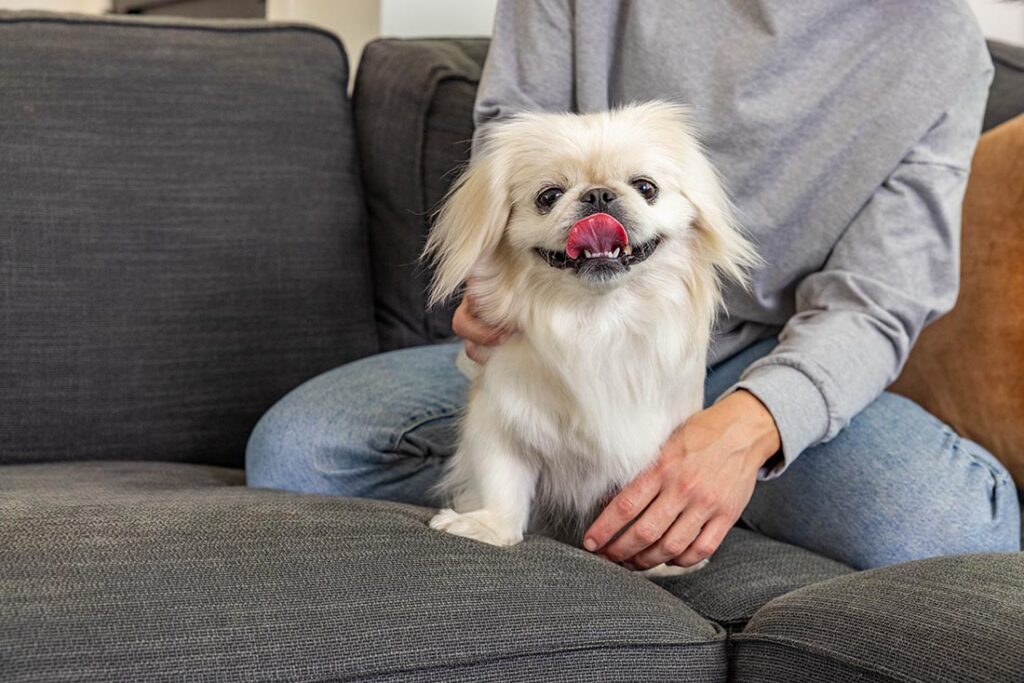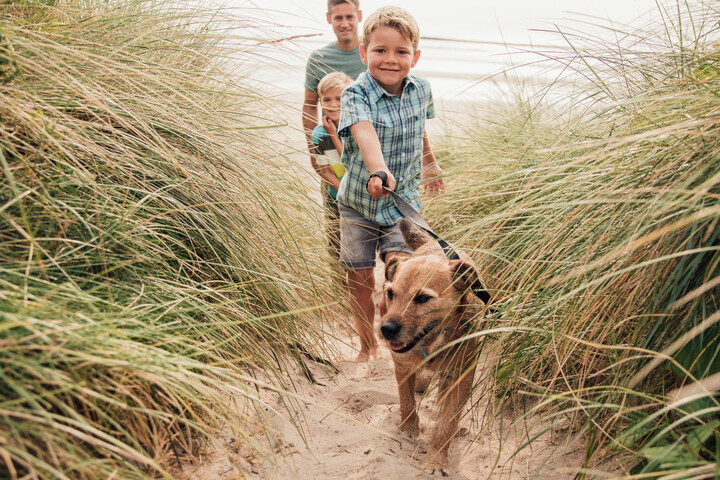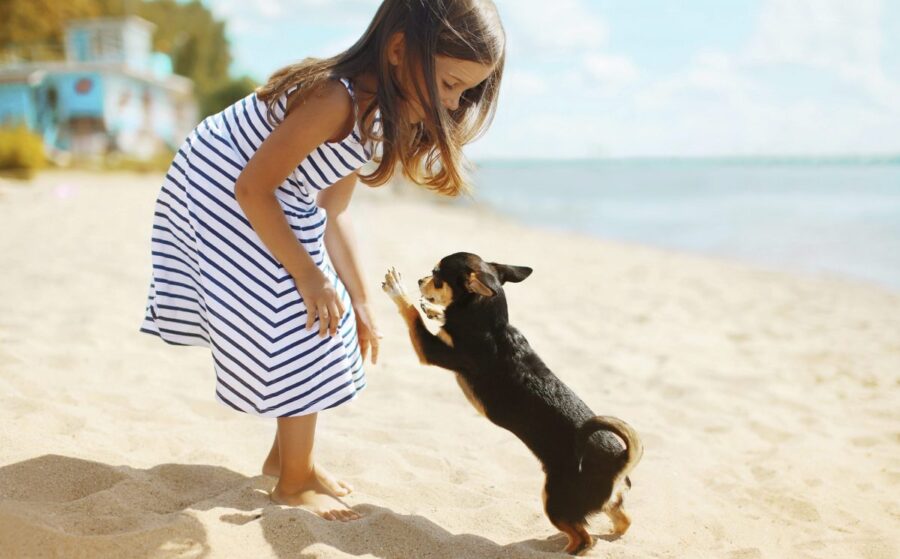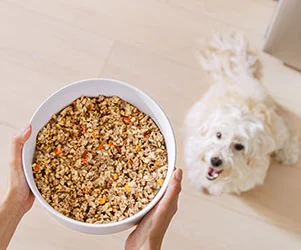Summary
This guide breaks down the top 5 kid-friendly dog breeds and offers must-know safety tips to help your children build a respectful, loving bond with their new furry sibling.
Top Breeds for Families with Kids:
-
Labrador Retriever – Playful, loyal, and great with active kids
-
Golden Retriever – Gentle, patient, and super affectionate
-
Beagle – Small, social, and loves to be part of the pack
-
Cavalier King Charles Spaniel – Sweet, calm, and cuddly
-
Bernese Mountain Dog – Big, gentle, and great with rowdy little ones
Bonus Tips for Parents:
-
Teach kids to be gentle and respectful
-
Always supervise dog-child interactions
-
Learn dog body language and signs of stress
-
Involve kids in basic training to build trust
Bringing a dog into your home is more than just adding a pet; it’s gaining a loyal friend and new family member. For families with children, it’s important to choose a breed known for being gentle, patient, and kid-friendly. Not every dog is naturally suited for active family life, but there are still many good family dog breeds that can thrive with the right guidance and training.
The Top 5 Kid-Friendly Dog Breeds

Mixed breeds and purebred dog breeds like the Labrador Retriever, Golden Retriever, Beagle, Cavalier King Charles Spaniel, and Bernese Mountain Dog are some of the best family dogs for life with kids due to their friendly nature and gentle temperaments. Here’s a breakdown of the top five dog breeds for kids to help you choose the right dog for your family’s lifestyle:
1. Labrador Retriever
Labrador Retrievers consistently rank as one of the most popular dog breeds in the world, and for good reason! Labs are known for their friendly, outgoing nature and are typically very patient with small children. Labradors are great for kids and families who enjoy a high activity level because they’re playful (yet gentle), intelligent, and eager to please, which makes them easily trainable.
Labs love being part of family activities and are typically not considered aggressive dogs. Their high energy levels mean they need a lot of exercise and mental stimulation, but also mean they keep up with active kids who want to run and play fetch with their pup. A bored Lab may become destructive, so daily walks, games, or even agility training are great outlets for their energy.
2. Golden Retriever
Golden Retrievers are often considered the quintessential family dog. They’re known for being sweet-natured, affectionate, reliable, and deeply loyal to their human pack. These dogs are incredibly patient, making them a top choice for families with younger children. Retrievers love human interaction and will often go out of their way to be gentle and careful, even when kids are a bit rambunctious.
Though dog owners should be aware that they tend to shed quite a bit and require regular grooming, Golden Retrievers are also intelligent and relatively easy to train. Like Labs, they’re high-energy dogs that need daily exercise, socialization, and mental stimulation to stay happy.
3. Beagle
Beagles are a small to medium-sized dog breed known for their floppy ears, big eyes, and friendly faces. Originally bred for hunting, they’re energetic and have an excellent sense of smell.
Beagles are extremely friendly, loving dogs and generally get along well with children and other pets, making them excellent family dogs. Their smaller size makes them easier to manage, especially for families living in apartments or homes without large yards. These sweet, smaller dogs are playful and love being part of a group, which makes them ideal companions for active kids.
Aside from being sweet and easygoing, Beagles can also be stubborn, and their hunting instincts mean they can have a strong prey drive. They need consistent training to avoid unwanted behaviors. While they make great family dogs, they also love to follow their noses and can sometimes wander off if they zero in on a scent, so secure fencing and supervision for Beagles are important when outside and off-leash.
4. Cavalier King Charles Spaniel
The Cavalier King Charles Spaniel is known for its sweet temperament and affectionate nature. They’re small, charming dogs that enjoy cuddling and being near their family. Their calm, gentle demeanor makes them perfect for homes with young children.
Cavalier King Charles Spaniels aren’t typically aggressive or overly excitable, which can be helpful for families looking for a low-key companion. These dogs also love being lap pets and are content with moderate exercise, such as walks or backyard playtime. Cavalier King Charles Spaniels love to be around people and do best in environments where they’re not left alone for long periods. Regular grooming is also needed to keep their long, curly coats in good shape.
5. Bernese Mountain Dog
Looking for a strong, large dog who is also friendly for your family pet? Bernese Mountain Dogs were originally bred for farm work in the Swiss Alps. Despite their size, they’re known for their gentle, loving personalities and playful energy.
Bernese Mountain Dogs are affectionate, calm, and protective of their family, making them great guard dogs. This breed of dog is known for being incredibly patient and will embrace playful kids who want to hug or climb on them (within reason). Their laid-back nature helps them stay calm even in chaotic family environments, making them great for big, busy families.
Though a great choice for a family dog, Bernese Mountain dogs can be a challenge in smaller homes due to their size. These big dogs also tend to shed a lot, especially during seasonal changes, and their size may mean a shorter lifespan compared to small dog breeds.
How Kids Should Behave Around Dogs: Best Practices for Families

While choosing a dog that’s good with children is important, it’s just as crucial to teach children how to behave safely and respectfully around their four-legged friends.
Dogs, no matter how friendly, can become anxious or defensive if they feel anxious or threatened, whether or not it’s intentional. Here are some essential guidelines parents should teach their children when interacting with dogs:
1. Respect Personal Space
Children should learn not to bother a dog when it’s eating, sleeping, or in its crate. Startling or surprising a dog during these times can lead to defensive behavior.
2. Use Only A Gentle Touch
Teach children to pet dogs gently, avoiding sensitive areas like ears, tails, and paws unless you know the dog well and the dog is comfortable with it. No pulling, hitting, or climbing on dogs, regardless of how tolerant the dog may seem.
3. Supervise Interactions
Until a child is older and more responsible, always supervise play between dogs and young kids. Even well-behaved dogs can react unpredictably if they feel threatened or overwhelmed.
4. Recognize Dog Body Language
Help kids understand signs of stress or discomfort in dogs, like a tucked tail, ears turned back, growling, showing teeth, or trying to move away. If a dog shows these signs, it’s time to give it space.
5. Avoid Rough Play
Games like tug-of-war, chase, or wrestling can get dogs over-excited, which can turn into unintentional nipping or jumping. Stick to structured games like fetch or hide-and-seek.
6. Be Involved in Training
Letting kids help with basic training commands like sit, stay, come, and leave it under supervision is a great way to build a bond between them and the dog. It teaches kids responsibility and gives them confidence while building trust with their furry friend.
A family dog can be one of the most rewarding additions to a home, offering love, loyalty, and countless memories. Pet parents need to remember that no breed guarantees proper behavior–proper training and supervision are essential for both the dog and the family. With the right dog and the right approach, your dog can be a well-balanced member of the family and a lifelong companion.
This content is for informational use only and does not replace professional nutrition and/or medical advice, diagnosis, or treatment. It is not a substitute for and should not be relied upon for specific nutrition and/or medical recommendations. Please talk with your veterinarian about any questions or concerns.


